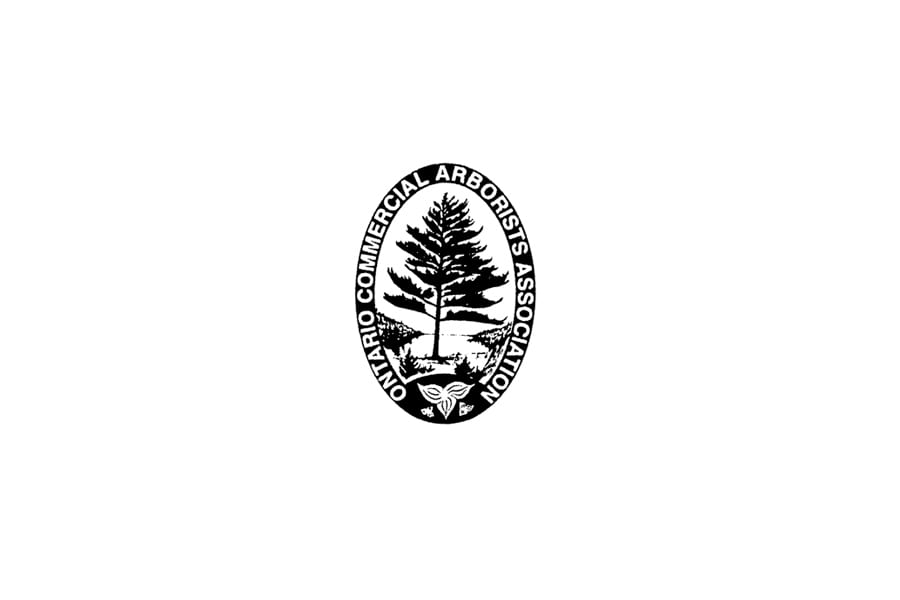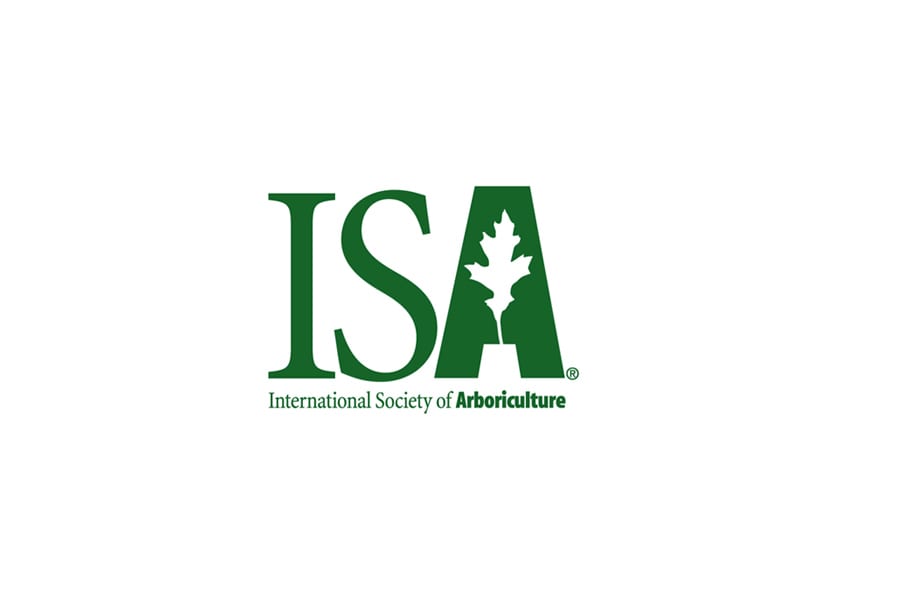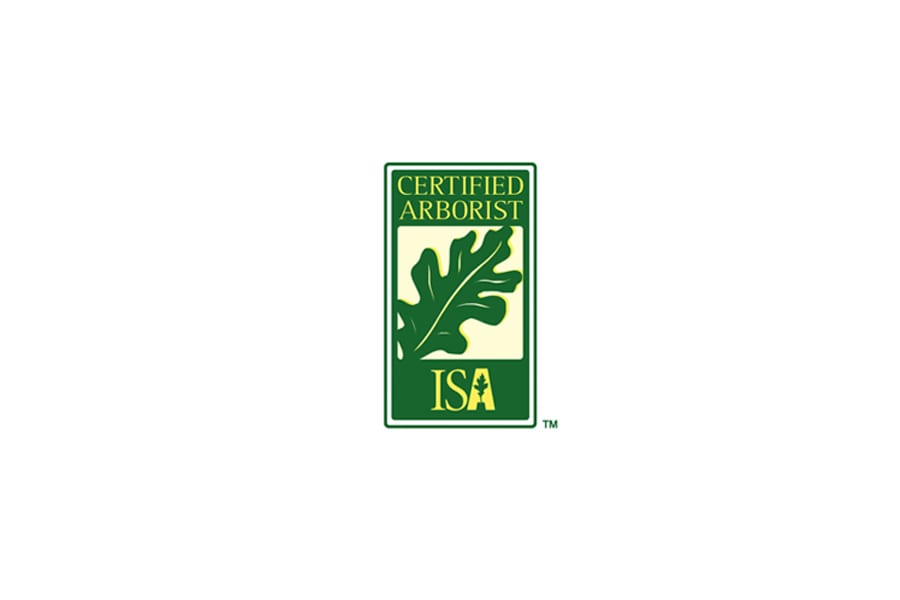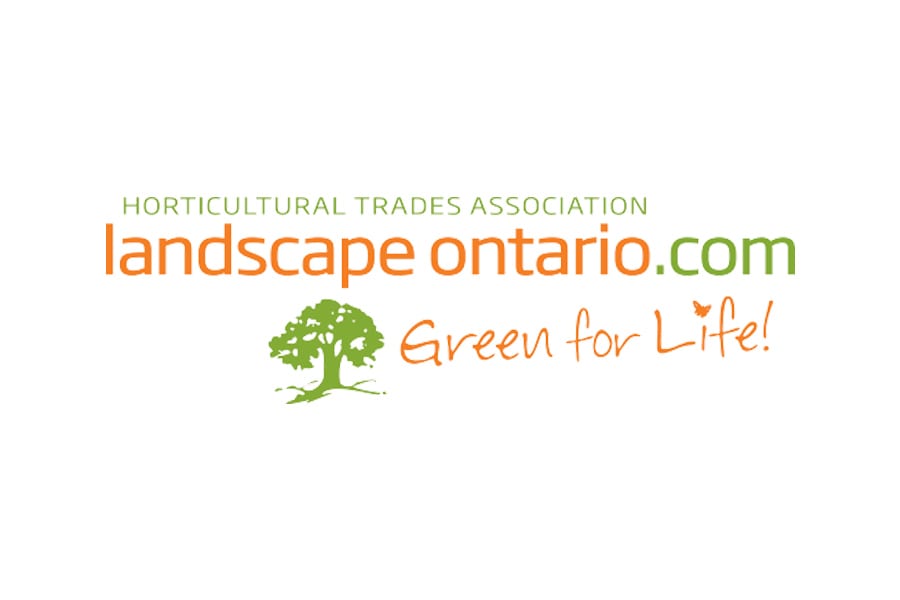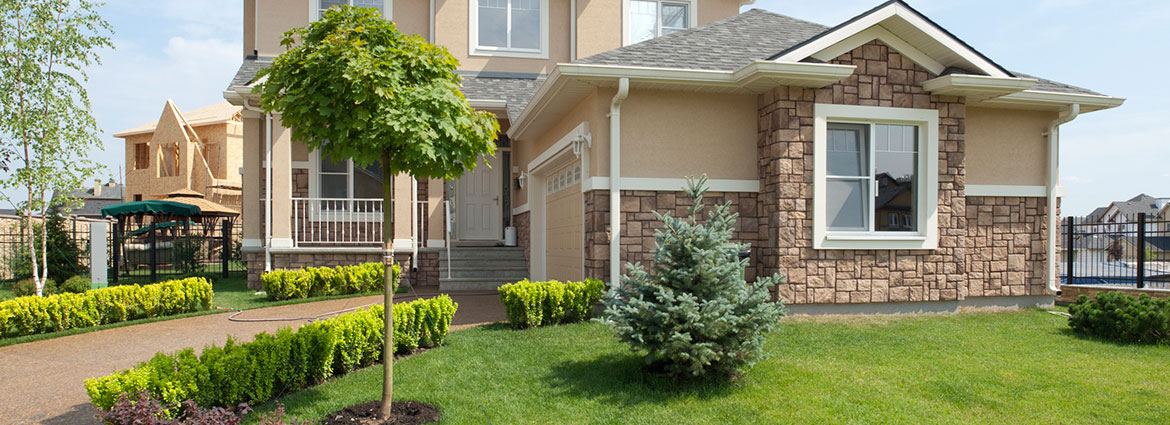
- Mar 10, 2020
- Dreamworks Tree Services
- Tree Care Tips
- 0 Comments
Which Trees Can You Plant Close to Your House?
Planting trees on your property has many benefits, including enhancing the aesthetics, purifying the air, improving the overall value, and more. However, tree planting requires planning and determining which trees to plant and where to plant them. If you’re looking to plant trees close to your home, our tree care experts have put together this guide to help you understand the essential aspects of planting trees in the city space.
Things to Consider Before Tree Planting
Location and Type of the Tree
Planting trees and plants on a property requires you to consider a variety of aspects. Falling limbs or branches is a common threat that a tree poses to the property. If you place them too close to the building, the chances of damages increase, especially during stormy weather. Also, some trees can even damage the foundation of the building by causing the ground to shift and crack.
If you don’t have much space on your property, the ideal solution is to opt for a species that won’t grow too tall and broad. When it comes to tree planting, this is why you should know which type is the best for your region and whether you can plant them on your property.
Size of the Tree
Always consider the full size of a tree at maturity. A medium-sized one, typically between 20 to 30 feet tall, is an ideal choice if you do not have much yard space. It will provide shade and privacy without damaging the structure or making your place seem cramped.
Maintenance
For tree planting in the cities, it helps to choose low-maintenance trees that are cold hardy and disease-resistant. You may also opt for the ones that have beautiful foliage and blossoms if you do not mind a little yard clean up before spring.
Is a Dwarf Tree the Best Choice for Small City Space?
It helps to know that a dwarf tree can cause more problems in a small yard or garden. This is because they are around 15 feet tall. Moreover, the lowest portion of the crown is at 4 to 6 feet from the ground, often in your way.
Trees that Do Not Damage the Foundation
-
Saucer Magnolias
It is a popular choice for Canadian landscaping. It does not have an invasive root system that may harm the foundation.
-
Crabapple
This compact, flowering tree is best suited for your backyard. It grows to a height of around 20 feet.
-
Japanese Maple
Its leaves are a beautiful shade of scarlet. The tree forms a canopy and rarely grows to more than 30 feet in height. It is an ideal choice for curbside planting and front yards.
-
Flowering Dogwood
It grows up to a height of around 30 feet and is a perfect choice when you don’t have a lot of room on your property for trees.
Tree Planting Options to Enhance Urban Home Landscapes
‘Green Giant’ Arborvitae
This evergreen tree is commonly planted in urban and suburban landscapes, especially for backyard privacy. It serves as a great single specimen tree for a hedge or screen. They thrive in many regions, but most varieties grow in cooler zones.
Pros:
- A fast-growing evergreen tree
- Extremely hardy
- Tolerates almost any soil
- Low maintenance
- Does not bother with serious pest issues
- Inexpensive
- Beneficial for wildlife
Cons:
- Cannot tolerate drought, dry winds and salt
- Branches can break easily
- Deers and bagworms feed on the tree
Weeping Cherry
If you want to add a tree as the centre of attraction in your landscape, the weeping cherry is one of the great options. Its cascading branches with pink blossoms in spring look elegant and graceful. With proper maintenance and care, it can live to be the highlight of your backyard for decades.
Pros:
- With a 20-25 foot spread, it can fit almost anywhere
- Requires little pruning
- Reasonably hardy in the winter season
- Tree planting in full sunlight discourages fungal diseases
Cons:
- Prone to insect attacks and diseases
- Cannot withstand soggy soil
American Holly
If you are planning tree planting close to your house to enhance the aesthetics of your property or to increase privacy, American Holly could be a good option. It is an ornamental tree with small white springtime blooms that give red berries in the fall and winter.
Pros:
- Offers visual interest
- Evergreen foliage provides a privacy screen
- Attracts small creatures and birds to your yard
- Provides food for wildlife
Cons:
- Not resistant to dry weather
- Susceptible to leaf rot and powdery mildew
Eastern Redbud
Redbud is another ornamental tree that is a beautiful addition to your yard. It is native across North America and provides visual interest throughout all seasons. Its stunning purplish-pink flowering is one of the first signs of the arrival of spring.
Pros:
- Attract pollinators such as bees and butterflies
- Doesn’t require constant maintenance every week or month
- Extremely tolerant to drought
- The small size makes tree planting suitable in narrow areas
Cons:
- Growth occurs only in spring
- Bugs can feed on them when the tree doesn’t get adequate water
- Needs plenty of water, especially during the first year
Paper Birch
If you want to plant a tree near your house as quickly as possible, you can consider the paper birch. The tall and slim tree grows rapidly, reaching 60 feet. Its green leaves turn into a beautiful golden-yellow colour in the fall. It is native to lakesides in north-eastern Canada and can be grown in zones 2 to 7.
Pros:
- Shows an inviting peeling white bark
- Attracts different species of birds
- Lets you grow other plants underneath
Cons:
- Susceptible to insects such as birch borers
- Cannot bear pollution, heat, and dry conditions
- Branches can easily break when weighed down by snow or ice
Serviceberry
This is one of the trees that bloom early in spring and bear fruits early in summer. These small native trees look graceful every season and are an excellent choice for small yards or backyards. Zones 2 to 9 are considered best for this tree planting.
Pros:
- Bright red and orange leaves look beautiful in the fall
- Excellent food source for pollinators
- Resistant to deers
- Berries are edible and healthy to eat
Cons:
- Exposed to problems faced by species of the rose family
Contact Us for Expert Tree Planting Services in the GTA, Canada
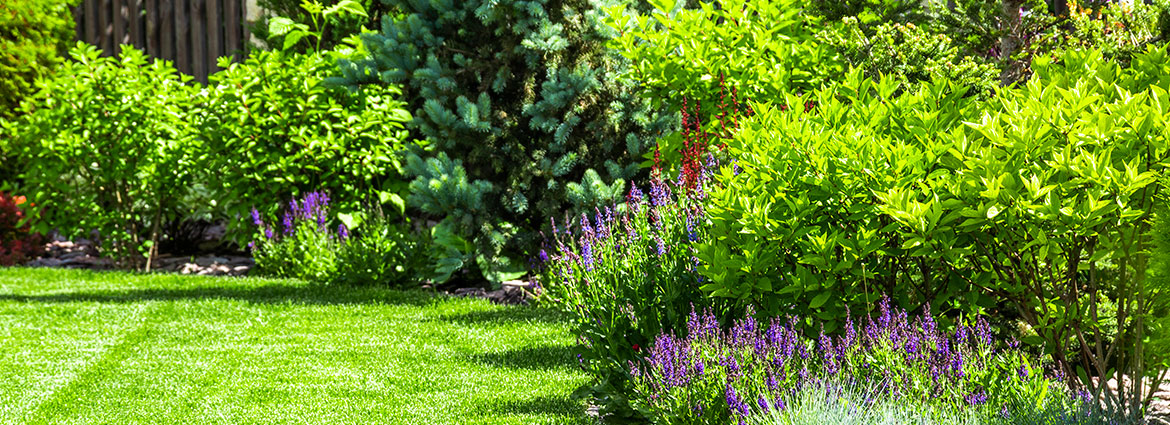
If you are looking for expert assistance for tree planting in Newmarket, Toronto, or anywhere in the GTA, the specialists at DreamWorks Tree Services can help. We have the expertise and knowledge to help you determine the best options for your region and property.
For more details about our tree planting services, reach out to us by calling 647-261-2627 or fill out our online form to request a free property assessment.
Also Read:








